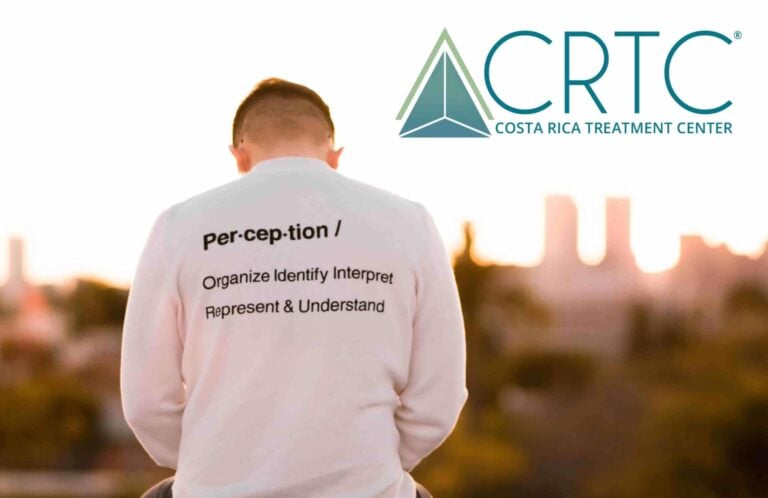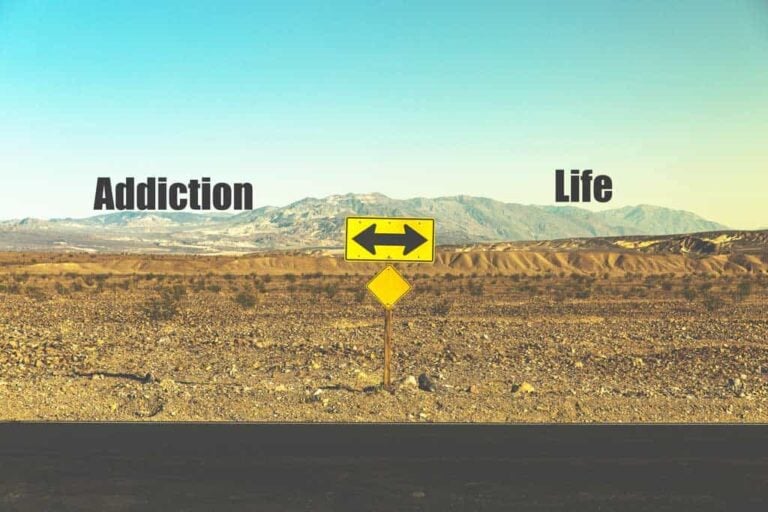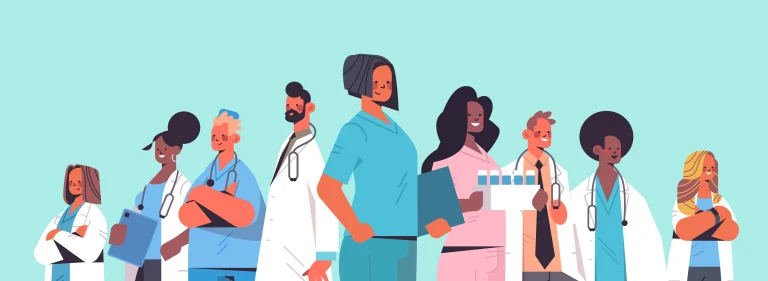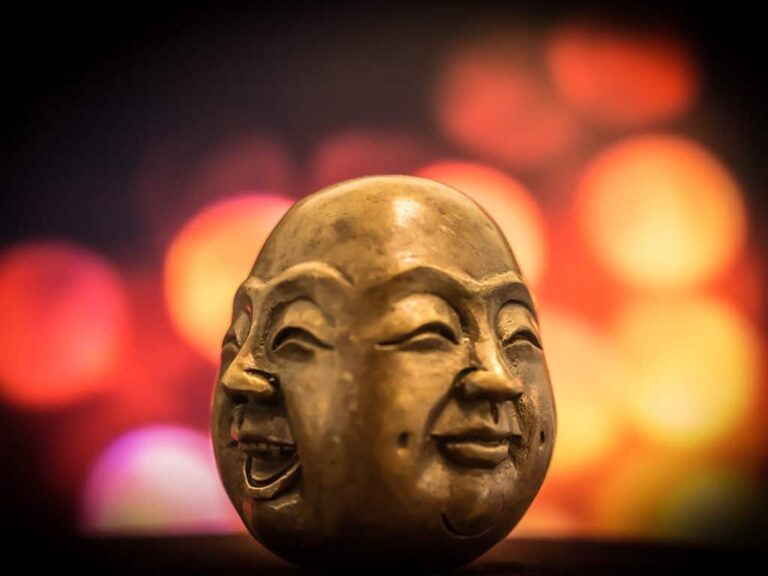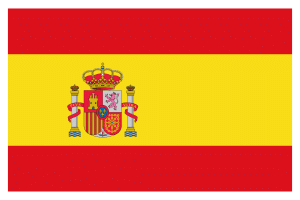It’s the most popular question asked in our discussion groups. Each time people come up with their ideas and concepts on how to define addiction….
It’s the most popular question asked in our discussion groups. Each time people come up with their ideas and concepts on how to define addiction. Some call it a habit, while others label it as a psychological disease.
Once someone quoted Milton to explain addiction, and that nuanced take really struck a chord with many of us.
Here’s a rundown of how that session went:
“The mind is its own place, and in itself can make a heaven of hell, a hell of heaven.” – John Milton
You’re probably wondering what is a John Milton quote doing in a discussion about addiction.
Well, let us explain this by saying that if we replace the word ‘mind’ with ‘addiction’, then you get a nuanced take on what addiction means to an addict.
To put it simply:
“Addiction is its own place, and in itself can make a heaven of hell, a hell of heaven”
For most addicts, addiction starts as a source of comfort. No matter what they are addicted to (e.g. drugs, opiate, alcohol or sex), for a while their addiction lets them escape the trials and tribulations of this world in the lull of intoxication.
However, eventually this addiction starts eating away the pleasures of their world. They start slipping in their profession, discard studies, and soon ditch friends and family for drugs.
Why then do people become addicts?
We try to delve deep into the psychology of an addict and give you hints on how to get them back on track.
Let’s begin!
The Basics: What Is Addiction?
The American Psychiatric Association defines it addiction as “a complex condition, a brain disease that is manifested by compulsive substance use despite harmful consequence”
Ask any addict and they’ll say that their addiction creeped into their lives before and before they knew it they were hooked. Alcohol, drugs, opiate, sex, and gambling are all common types of addiction. Yet, they are all originated due to similar situations.
There are various reasons as to why people find themselves over the edge.
In our experience, addiction starts as a way to relieve stress, to feel whole, or to alter the way we feel at any given time. People are often compelled to try varied substances out of curiosity, especially when people around them rave about the effects. Others may use substances as a medium to excel in sports or academics.
Substances often times lead to feelings of ecstasy, pain relief, and thrill―all wrapped into one.
Soon after exploratory use, the person can become dependent on substances, eventually becoming an obsessive compulsion to take drugs every day. The complexity of this urge lies in the fact tthat substances fundamentally alter the way that the brain functions.
Without addiction treatment, people can end up being caught in the web of addiction for a lifetime.
The Symptoms: How to Identify an Addict?

The tricky thing is that addicts are pretty deceptive in the earlier stages. That’s because they’re often in denial themselves, or haven’t considered the consequences of their regular use.
However, there are certain hints that will let you know whether your loved one’s fondness for a substance has converted into an obsession.
The common symptoms of addiction include:
- Inability to go a day without their choice of substance (i.e. alcohol, pills, weed, etc.)
- Losing interest in their studies and profession
- Failure to engage in activities that aren’t associated with their harmful habit
- Mood swings and anger management problems
- Lack of hygiene and personal grooming
- Tendency to stop communicating with sober friends and family members
- They show withdrawal symptoms like shaking, nausea, and discomfort when they haven’t used in a while.
Withdrawing from Bormal Routine and Lifestyle
Apart from this, they seem to withdraw themselves from their normal routine and lifestyle. You notice a drastic change in their behavior and often find them sneaking off to get their fix. Their uncontrollable urges will eventually lead to a social downfall and financial issues. Due to this, they may seek unlawful means to fulfill their daily dose of addiction. On the whole, a single glance at their behavioral change should suffice to identify the problem. When this happens, you should always offer help immediately as it is a progessive illness that gets worse never better if left untreated.
The Treatment: What Are the Routes to Recovery?
What’s the best way to treat addiction? Patience and communication are key factors to dealing with an addict. The same rule applies to an addict who struggles to stay sober. We can share several ways for you to help an addict with their problem. However, none of these methods will work unless the person is willing to give themselves a chance. The road to recovery will not be easy, but it’s worth the effort. Let’s look at the top ways to treat addiction:
1.1. Rehab Centers
“Go to a rehab!’
You’ve probably heard this one before. What people forget to say is that you should select a rehabilitation program that suits you. This ensures that you’re comfortable with the methods and techniques used to help you process the underlying issues resulting in addiction.
Here are a few things to ask before selecting a center:
- Is this rehab credible?
- Do they use medically approved treatments?
- What’s their rule on family visits?
- Does it have the capacity to manage my individual situation?
The right answers will bring you to a rehab center that fits your needs. If you don’t find something locally, then you can try opting for International Addiction Treatment options. Not only will it help you, but it will give you a break from your daily routine.
2. Support Groups

If you’re not ready for residential treatment programs, then you can always choose to try out free 12 step meetings. It’s a great way to avoid contact with people you may know, and connect with others that have gone through similar issues. Most addicts find it easier to confide in a stranger when they’re trying to get over their addiction. In this way, you don’t hurt anyone’s feelings and find people that you could relate to. Plus, working on addiction with other addicts is often comforting and proven to be highly effective. That’s because you get to go through similar stages and have can get advice from an addict’s perspective.
3. Lifestyle Changes
Lastly, upon entering recovery from addiction, you must prepare yourself for the inevitable. There will be people, places and things that may trigger a relapse. You may wanto to avoid such scenarios.
Try to:
- Cut off toxic friends and addicts in active addiction
- Avoid clubbing and parties that involve substance-use
- Participate in outdoor activities
- Spend time learning a new skill
- Meditate and practice healthy activities like yoga
In short, do things that keep your occupies throughout the day. Also, reconnect with old friends and meet new people that could support you along this journey.
Let’s Sum It Up…
In the end, you have to remember that addiction is a slippery slope. We’ve seen recovered addicts ditch their vow for abstinence in a single second. That’s why we need to do our best to offer support and a substance-free environment for them to lead a life without addiction. Are you looking for residential treatment programs or support groups for addiction? Costa Rica Treatment Center is here to guide you and your loved ones towards recovery. We’ve got various evidence-based treatment programs designed to treat all aspects of addiction. With our help, you can find the necessary help you need.
